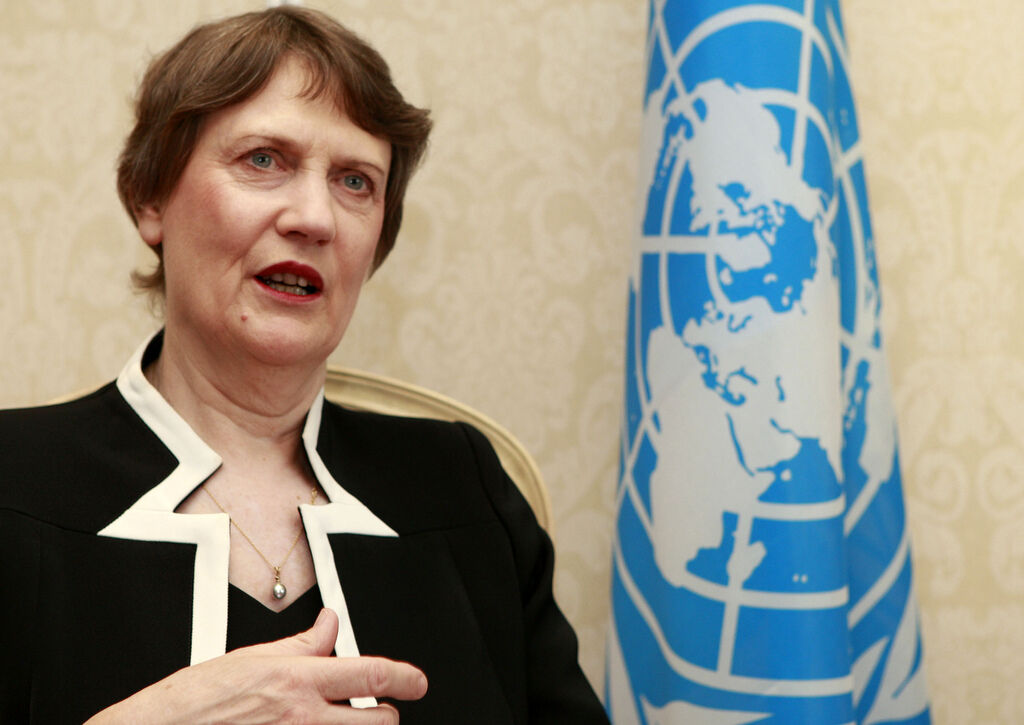Words: Jamie Joseph
The only 2013 TEDxAuckland speaker that sent a smiley face via Facebook as confirmation that she would speak, was ex New Zealand Prime Minister Helen Clark.
Helen Clark became the Administrator of the United Nations Development Programme in April 2009. She was New Zealand’s first elected woman Prime Minister serving three consecutive terms 1999 to 2008, and is also the first woman to lead the UNPD organisation. She has been ranked many times by Forbes magazine as one of the most powerful women in the world.
Helen Clark is confident, yet somewhat unassuming. I didn’t know what to expect when I waited for her car to arrive at the backstage entrance. A taxi pulled up, and our esteemed guest got out, accompanied by her lovely friend Joan. After ordering two cups of tea for their green room I then walked them through to backstage where they watched a young 3D time lapse photographer present his 24 hour “holy grail” trip. The images were dramatic and stunning and Helen Clark, an avid hiker and explorer, was clearly enthralled. But the biggest smile of the day belonged to the photographer Joseph Michaels when he had his photo taken with his new fan after walking off the stage.
Just before Helen Clark walked onto the stage I asked her, “Do you ever get nervous?” And she replied, “What’s the point of that?” With countless speeches behind her, and yet her greatest challenge before her, the lady of the moment knew exactly what she wanted to say.
As she walked onto the stage she was met with a standing ovation. And so it began, “Yes we can. Women in leadership.”
She said that at any one time there are no more than 20 female leaders in the political world. If you are out of sight you are out of mind, advocating that we need women in leadership putting women issues on the agenda. Family planning was cited as an issue. In many cases this is low on the priority list and it is fundamentally disempowering women all over the world. Humanitarian rights such as access to water was another point raised where women appear to push the agenda harder. Using India as an example it was noted that councils lead by women are sixty percent more likely to prioritise clean and safe drinking water, as fundamental to their area, and essential to health and safety.
Born first in her family and growing up on a farm, Helen Clark had no brothers and there were no “boy” jobs and “girl” jobs. There were just jobs.
“I also had parents that believed in me,” she adds, encouraging parents to get behind their girls.
The farm girl that became Prime Minister and is now head of UNPD believes women can do anything. It’s part of her belief system, and she’s living proof to support the rallying cry: Yes, we can.
Jamie Joseph is a writer and an environmental activist. She will be returning to her African homeland in October to join the war on poaching. Follow her journey @ savingthewild.com – every voice counts.
